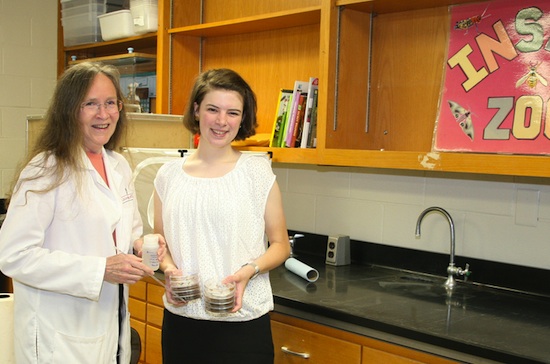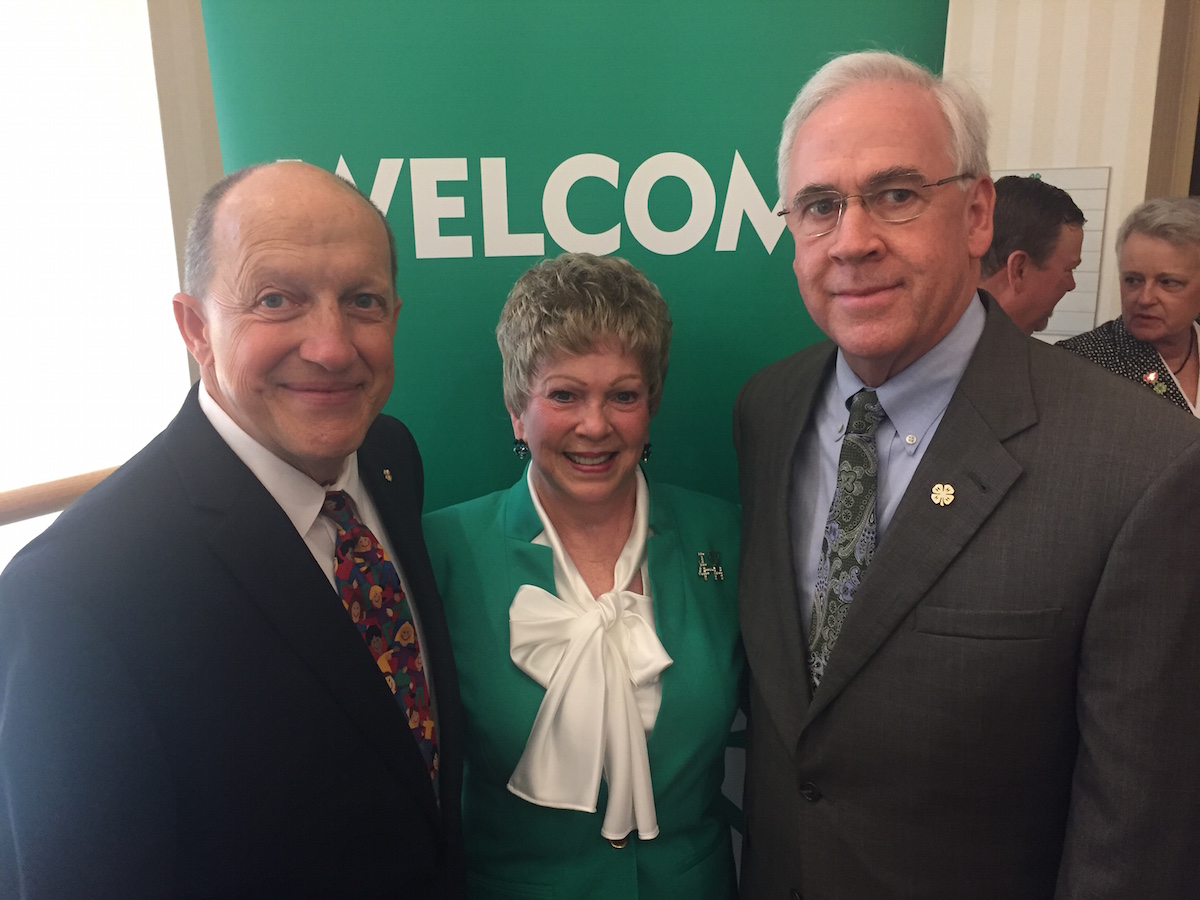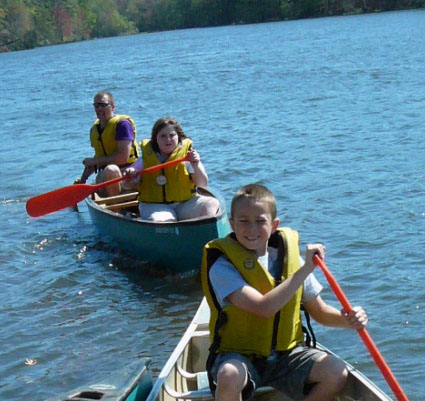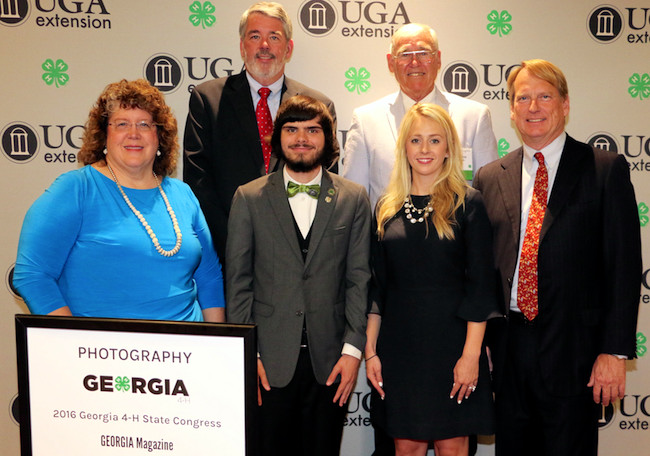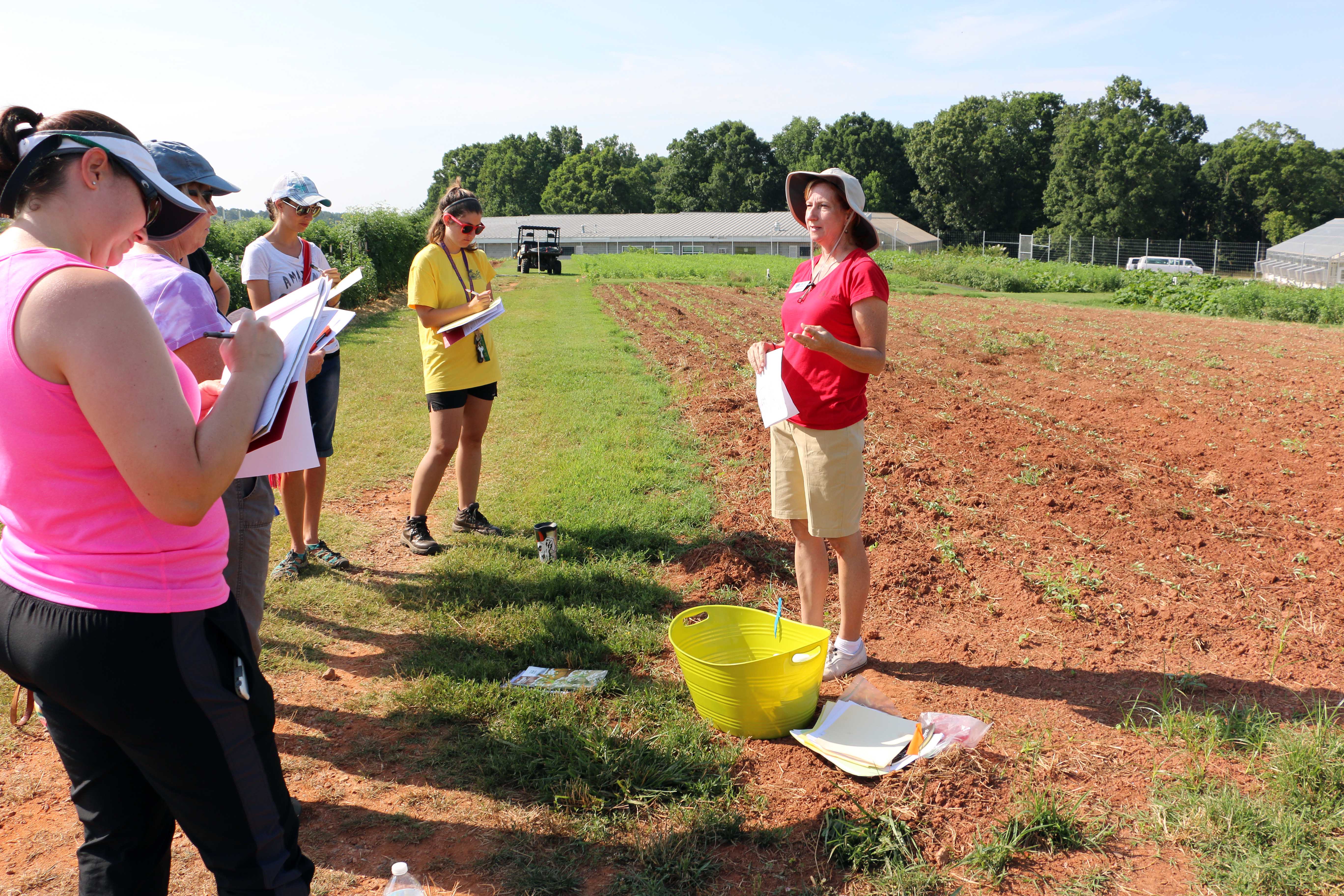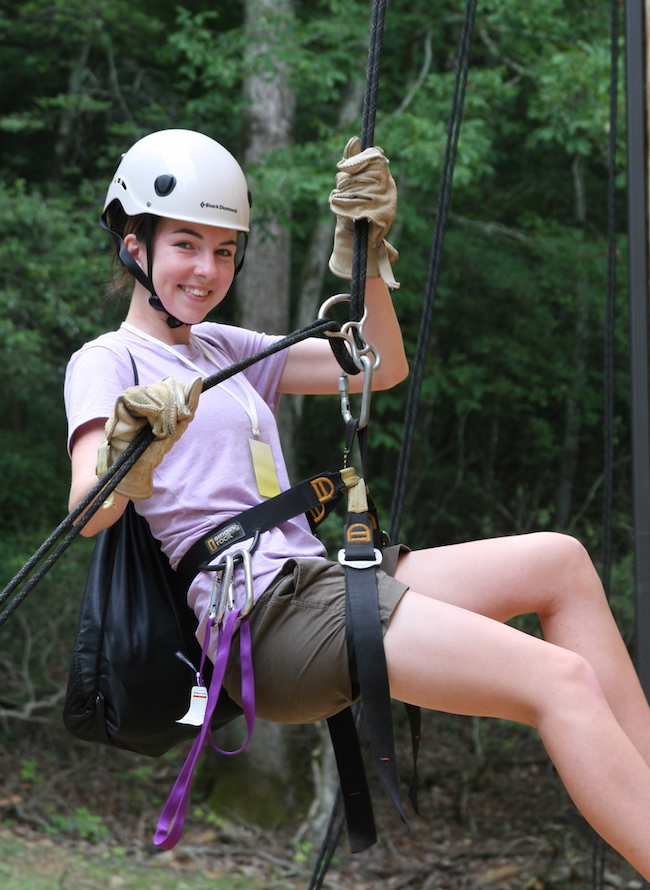More than 80 Georgia high school students gained real-world research experience this summer through the University of Georgia College of Agricultural and Environmental Sciences’ (CAES) Young Scholars program.
For the past 16 years, the program has paired researchers in the CAES, the College of Pharmacy and the College of Veterinary Medicine with high school students to foster their love of science.
Access to state-of-the-art equipment
Not many high school biology or chemistry labs have the equipment needed to isolate and analyze the genome of a crop fungus or gas spectrometers to parse out the compounds that make an onion sweet. Young Scholars have access to high tech equipment like this through the program.
The students conducted experiments during the two-month program to address novel and interesting questions. Some will even have their work published before they graduate from high school, which gives them a leg up in their scientific careers.
“It really expanded the kind of careers that I’ve thought about,” said Theresa Vencill, a second-year Young Scholar who graduated from Cedar Shoals High School this spring. “Originally, I wanted to do biology and maybe teach or something.
“But being here and seeing the different professors that are here and what they do and the different aspects of science, it’s really made me think, ‘Do I want to do field work? Do I want to do lab studies? Do I want to be a teacher?’ It’s really expanded my knowledge of what science is.”
Vencill worked with CAES entomologist Nancy Hinkle in testing the effectiveness of pesticides used in poultry houses.
Learning from UGA scientists
“One of the things they’re seeing here is, by doing this, these scientists are just people,” said CAES Dean J. Scott Angle. “They’re here to help and want these young people to be successful. They can become their friends and their mentors.”
Not all Young Scholars pursue careers in science, but the experience of working in a research laboratory can benefits students who go into the liberal arts as well.
“Engaging in research and understanding how research is correctly done is learning how to ask good questions and solve problems,” said John Sherwood, professor and head of the UGA Department of Plant Pathology and assistant dean for diversity relations for the CAES.
“These are skills that are useful in many aspects of one's life. Additionally, as policy and science are often mixed in the news, understanding how scientific information was obtained that is being used in a policy discussion can help an individual make informed decisions regarding that policy.”
Began in Griffin
The Young Scholars program began on the UGA Griffin Campus in 1989 and was originally geared to provide a collegiate experience to students who were not planning to attend college.
Since then the program has expanded to include UGA’s main campus in Athens and the UGA Tifton Campus. The program strives to select students that are truly ready to engage in real world research and match them to projects of potential interest.
Because of this experience, many Young Scholars continue their research careers when at UGA as undergraduates through the college’s undergraduate research program.
Third-year Young Scholars will round out there experience by traveling to UGA’s Costa Rica Campus this week for an international experience.
For more information about the Young Scholars Program, visit www.ysp.caes.uga.edu.



